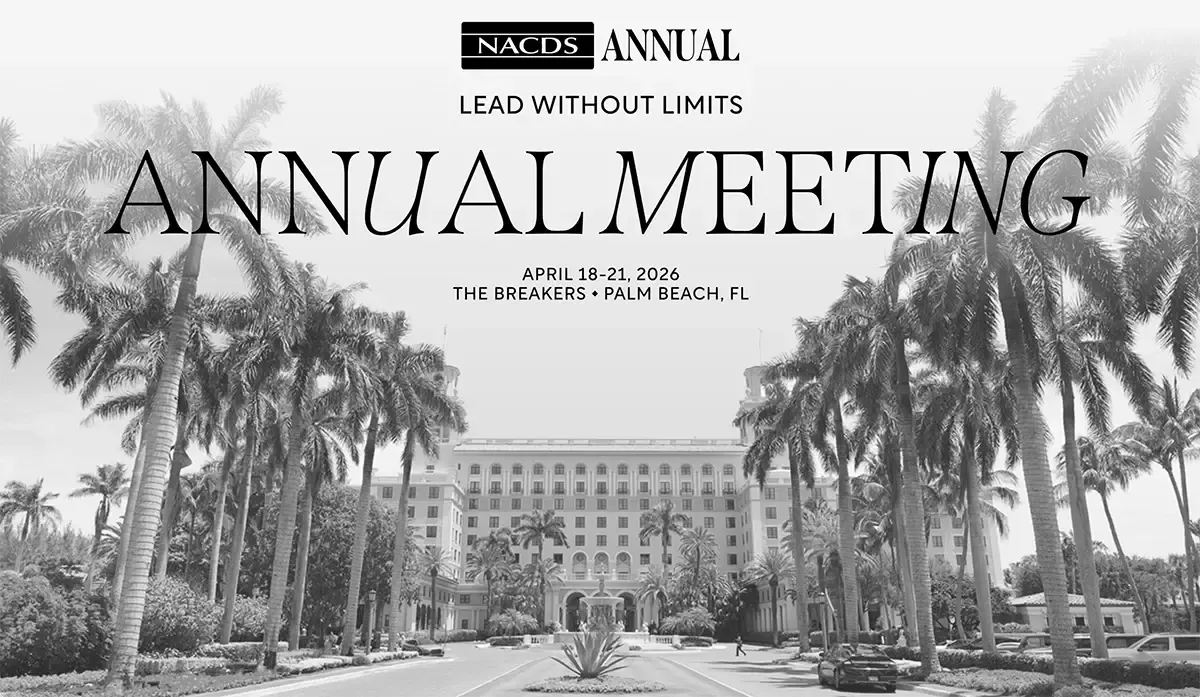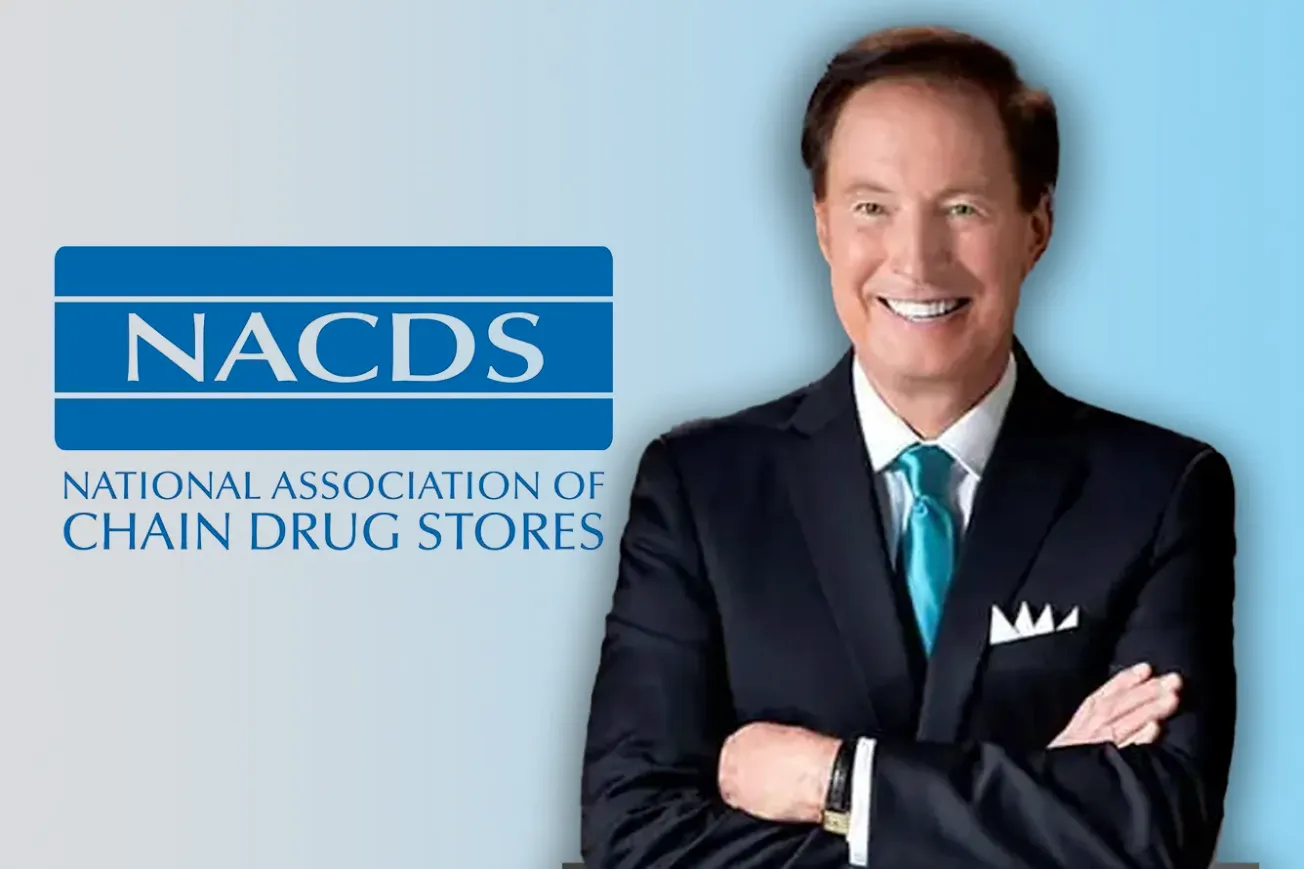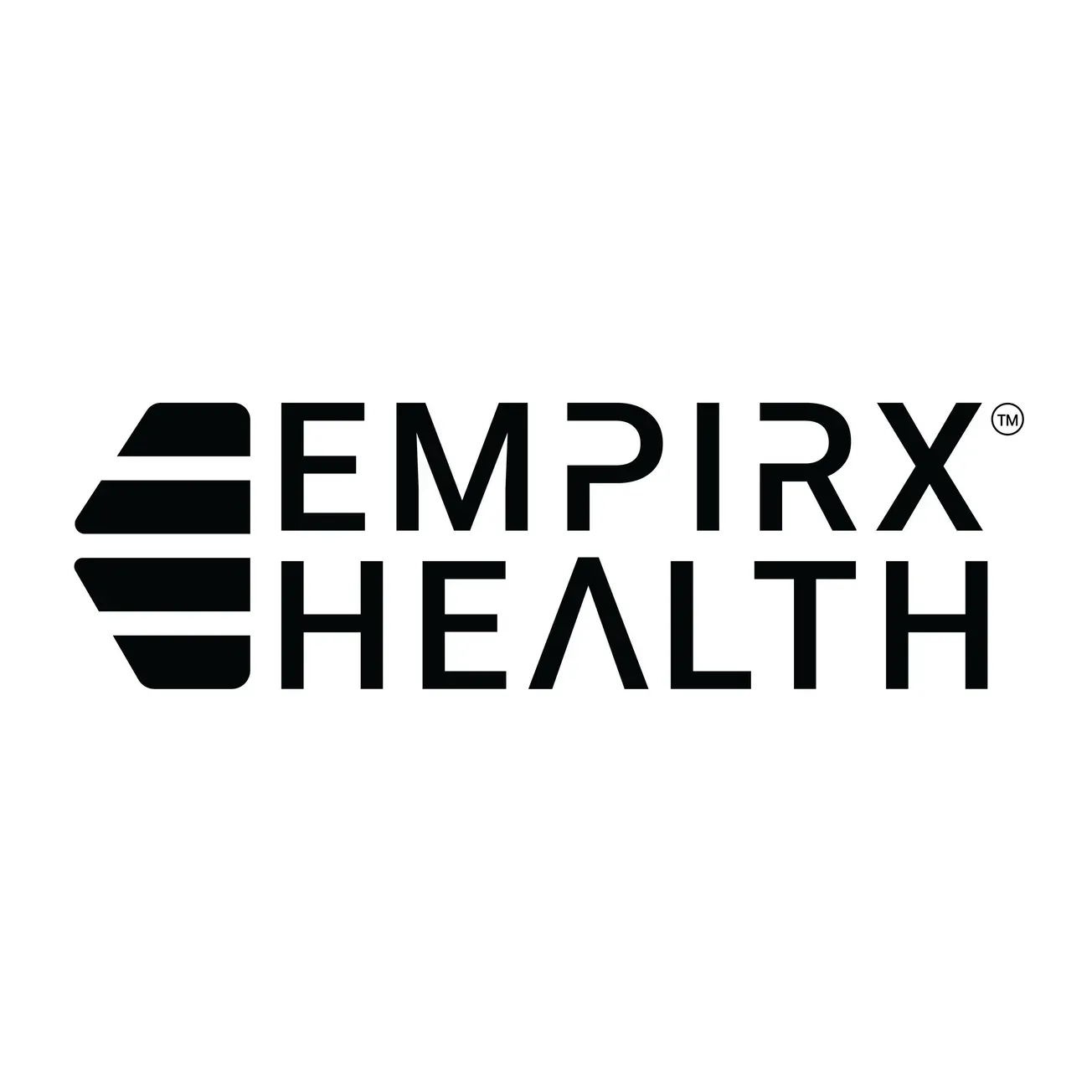WASHINGTON, DC—The Association for Accessible Medicines (AAM), representing generic and biosimilar manufacturers, has raised concerns about a recent Avalere analysis showing that Medicare Part D plans continue to limit patient access to lower-cost generic drugs, potentially increasing beneficiaries' out-of-pocket costs.
John Murphy III, President and CEO of AAM, emphasized the growing issue, stating, "Despite efforts to reduce Medicare beneficiary prescription costs, Part D plans fail to place less than half of generics on generic formulary tiers. This practice forces patients to pay higher copays by categorizing these affordable medicines alongside branded drugs." He called on policymakers, including the incoming Administration, to address formulary practices to better align with the needs of Medicare beneficiaries.
Avalere's analysis highlights a steady decline in the placement of generic drugs on lower-cost tiers over the past decade. In 2016, 65% of generics were placed on generic tiers, compared to only 43% projected in 2025. As a result, patients increasingly face higher costs for generic drugs despite declining prices. Furthermore, placing generics on brand tiers can confuse beneficiaries navigating formulary designs.
Generic and biosimilar drugs have saved U.S. patients and the healthcare system over $3 trillion in the past decade. In 2023 alone, these cost-effective medications saved the Medicare program $137 billion, translating to $2,672 per beneficiary. However, AAM suggests that these savings could be significantly more significant if formulary practices better-supported generics.
In November 2024, the Centers for Medicare and Medicaid Services (CMS) proposed expanding its review of Part D formulary designs and drug utilization practices. This includes assessing whether additional measures are needed to prevent the exclusion or disfavoring of generic drugs and biosimilars.
Murphy called for immediate action, urging CMS to intensify its efforts and Congress to prioritize policies ensuring beneficiary access to affordable generics. He also encouraged both the current Administration and the incoming Trump Administration to recognize this issue as a critical avenue for cost savings for seniors.
As the distribution of generics on favorable tiers continues to shrink, stakeholders emphasize the need for systemic changes to enhance access to affordable medicines and maximize potential savings for patients and the Medicare program.









